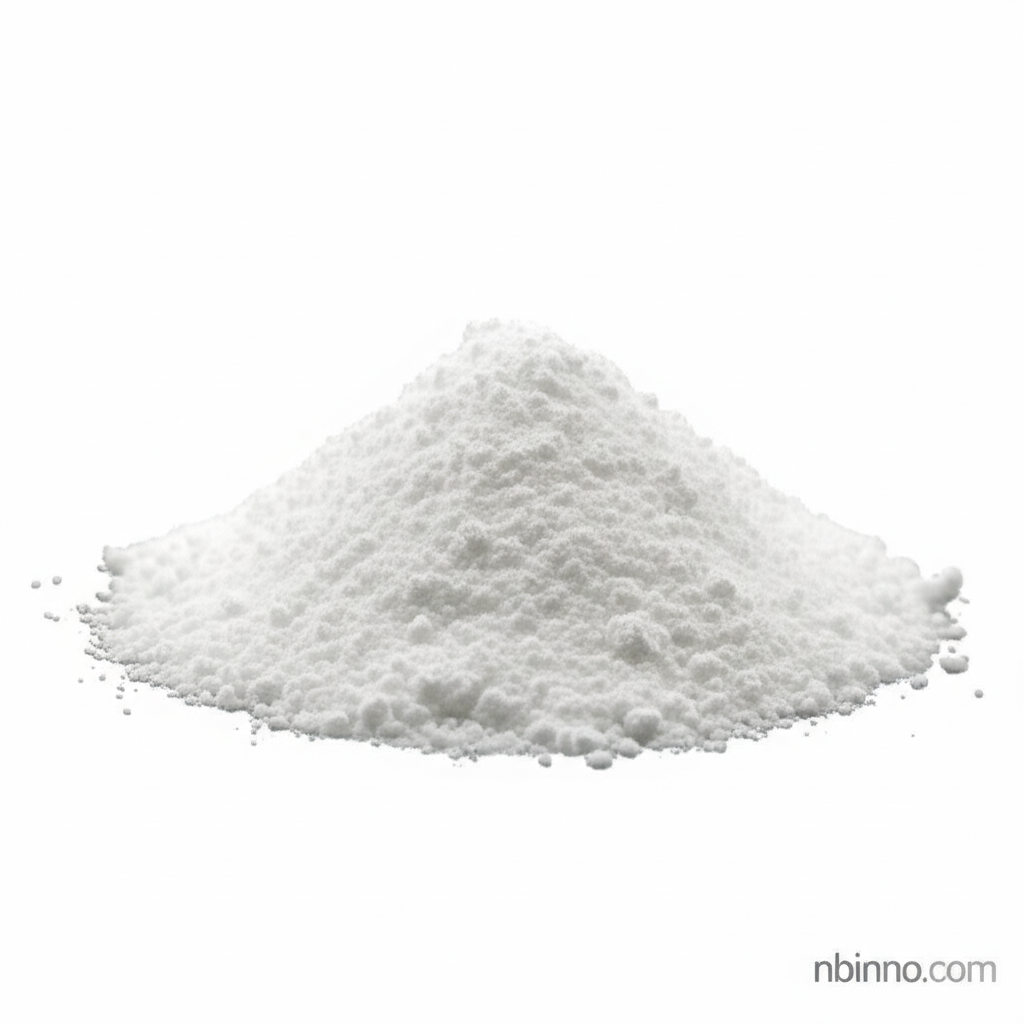2,2-bis(3-amino-4-hydroxyphenyl)-hexafluoropropane: A Key Monomer for Advanced Polymer Synthesis
Unlock superior thermal stability and chemical resistance for your next-generation materials.
Get a Quote & SampleProduct Core Value

2,2-bis(3-amino-4-hydroxyphenyl)-hexafluoropropane
As a high-performance polyimide monomer, this compound is pivotal in the creation of advanced polymer functional materials. Its structure, featuring two aminophenol groups bridged by hexafluoropropane, enables the synthesis of materials with exceptional thermal stability and chemical resistance, crucial for demanding applications in electronics and beyond.
- Explore the synthesis of heat-resistant polymers using 6FAP for demanding applications.
- Discover the applications of advanced electronic materials derived from this specialized monomer.
- Investigate its role in creating functional polyimides with tailored properties.
- Understand its contribution to next-generation membrane technologies.
Key Advantages
Enhanced Thermal Stability
The hexafluoropropane group imparts superior thermal resistance, making polymers derived from this monomer ideal for high-temperature environments. This is a critical factor when developing advanced electronic materials.
Superior Chemical Resistance
Polymers synthesized using this compound exhibit excellent resistance to various chemicals, ensuring durability and performance in harsh industrial conditions. This makes it a valuable chemical intermediate.
Versatile Polymerization
As a key monomer for polyimide synthesis, it allows for the creation of specialized polymer functional materials with tunable properties, including gas selectivity and proton conductivity, crucial for membrane technology.
Key Applications
Polymer Synthesis
Utilized as a crucial monomer for synthesizing high-performance polyimides and polybenzoxazoles, contributing to the field of specialty polymer applications.
Electronic Materials
Serves as a raw material for creating advanced electronic materials, enhancing the performance and reliability of components in computer chips and other electronic devices.
Membrane Technology
Enables the production of polyimide membranes with high proton conductivity and good chemical/thermal stability, essential for fuel cell applications.
Material Modification
Applied in surface modification of fibers like PBO to enhance interfacial adhesion, showcasing its utility in material modification for improved composite performance.
